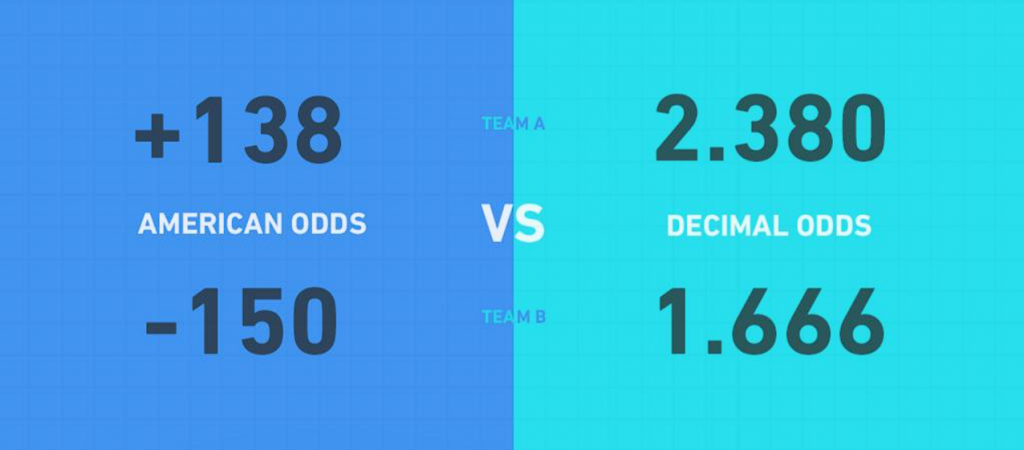Understanding how bookmakers set odds is crucial for any bettor looking to gain an edge in the gambling world. Odds not only determine potential payouts but also reflect the bookmaker’s perspective on the likelihood of various outcomes. This article delves into the intricate processes behind odds creation, the factors that influence them, and how bettors can use this knowledge to inform their betting strategies.
The Basics of Odds
What Are Betting Odds?
Betting odds are numerical representations of the probability of an event occurring. They serve two primary purposes:
- Indication of Likelihood: Odds reflect the bookmaker’s estimation of the chances of a particular outcome.
- Determination of Payouts: They also dictate how much a bettor can win on a wager.
Odds can be presented in several formats, including decimal, fractional, and moneyline. Understanding these formats is essential for grasping how payouts are calculated.
How Odds Are Calculated
Bookmakers use a combination of mathematical models, statistical analysis, and expert insights to determine initial odds. The process generally involves:
- Data Collection: Gathering extensive data on teams, players, and historical performance.
- Statistical Analysis: Utilizing algorithms and statistical models to identify trends and probabilities.
- Expert Opinions: Integrating insights from sports analysts and industry insiders to adjust odds accurately.

Factors Influencing Odds
1. Team and Player Performance
Bookmakers analyze various performance metrics to assess the strength of teams and players. Key factors include:
- Recent Form: How well a team or player has performed in recent matches can significantly influence odds.
- Statistics: Metrics like goals scored, points gained, injuries, and head-to-head records are essential for accurate odds setting.
- Injury Reports: The status of key players can lead to immediate adjustments in odds.
2. Market Forces
The betting market itself plays a pivotal role in shaping odds. Bookmakers continuously adjust odds based on betting patterns:
- Public Betting Trends: If a large number of bets come in for one side, the bookmaker may adjust the odds to balance the action and limit exposure.
- Sharp Money: Professional bettors, or “sharps,” often have insights that lead to significant betting shifts, prompting bookmakers to reconsider their odds.
3. External Factors
External events can influence betting odds. These factors might include:
- Weather Conditions: In sports, adverse weather can affect game outcomes, prompting odds adjustments.
- Venue Changes: Home-field advantage or neutral site games can lead to alterations in how odds are set.
- Public Sentiment: Major events, news, or narrative changes around teams or players can sway public opinion and influence betting behavior.
The Role of Odds Compilers
What Do Odds Compilers Do?
Odds compilers are specialized employees responsible for setting and adjusting odds. Their work involves:
- Monitoring: Continuously tracking betting trends and adjusting odds in real-time.
- Analysis: Analyzing a wealth of data to ensure odds reflect accurate probabilities.
- Communication: Collaborating with trading teams and management to strategize on market behavior.
Skills of an Effective Odds Compiler
Successful odds compilers possess a unique skill set, including:
- Mathematical Proficiency: Strong analytical skills and understanding of statistics are critical.
- Sports Knowledge: A passionate understanding of sports nuances to accurately assess odds.
- Adaptability: The ability to quickly adapt to changing information and market conditions.
Conclusion
Behind the scenes of a bookmaker’s odds lies a complex interplay of data, analysis, and market forces. By understanding how odds are calculated and the various factors that influence them, bettors can make more informed decisions. Knowledge of this process not only enhances the betting strategy but also empowers bettors to take advantage of market inefficiencies and gain a competitive edge in their wagering endeavors.
